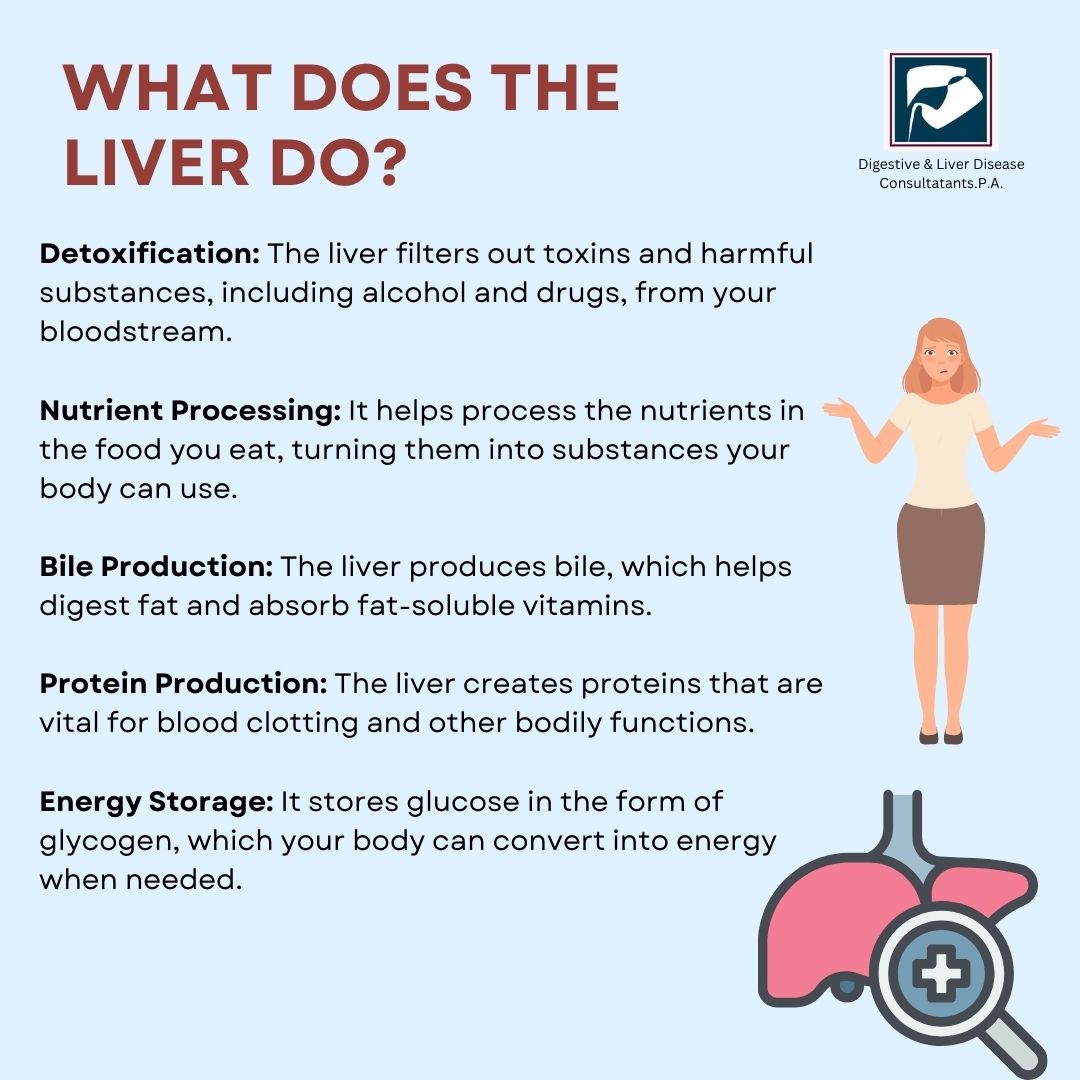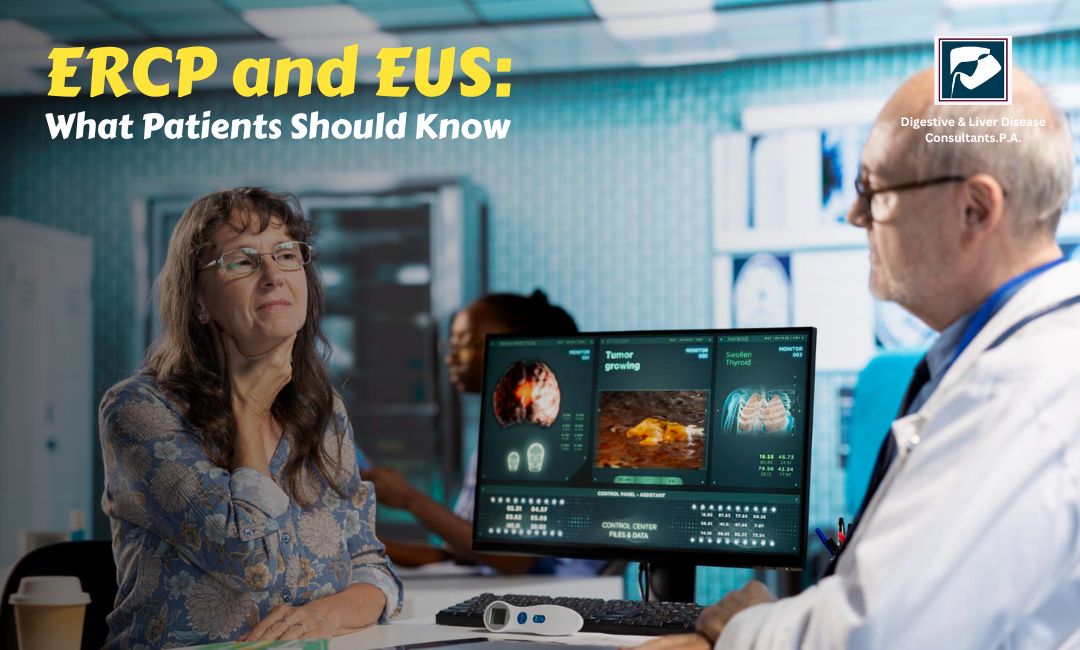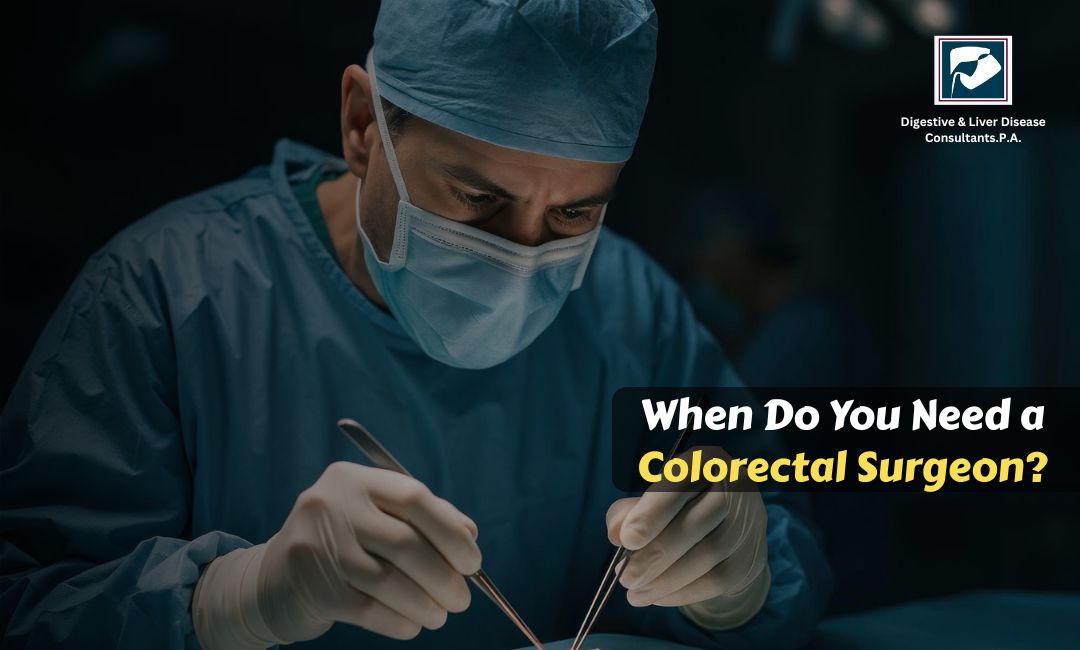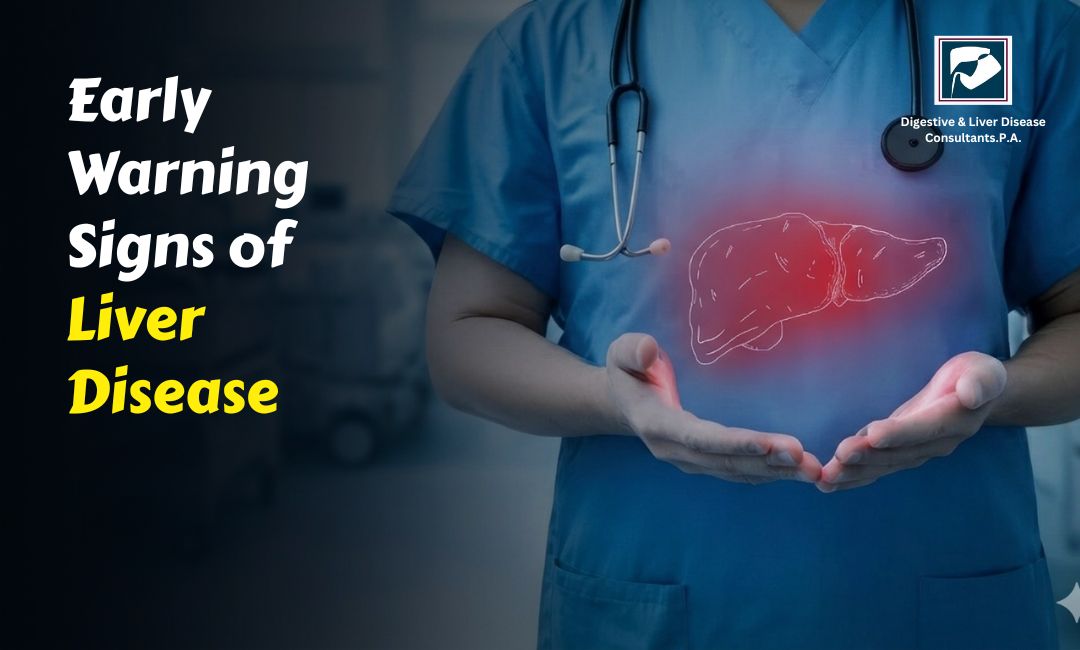When it comes to maintaining overall health, we often focus on the heart, bones, and immune system, but one organ that is often overlooked is the liver. The liver plays a vital role in many essential bodily functions, from detoxifying harmful substances to processing nutrients and storing energy. Because of its crucial responsibilities, it is important to prioritize liver health through regular screenings, especially if you're at risk for liver disease.
At DLDC, we understand how important it is to keep your liver in good condition, and we’re here to help. In this blog, we’ll explore why liver health screenings are so crucial and why you shouldn’t overlook them.
What Does the Liver Do?
Before diving into the importance of liver health screenings, let’s take a moment to understand the role the liver plays in your body. The liver is located on the right side of your abdomen, just below the ribs. It’s a large, reddish-brown organ with many critical functions. Here are just a few of its essential duties:
Detoxification: The liver filters out toxins and harmful substances, including alcohol and drugs, from your bloodstream.
Nutrient Processing: It helps process the nutrients in the food you eat, turning them into substances your body can use.
Bile Production: The liver produces bile, which helps digest fat and absorb fat-soluble vitamins.
Protein Production: The liver creates proteins that are vital for blood clotting and other bodily functions.
Energy Storage: It stores glucose in the form of glycogen, which your body can convert into energy when needed.
Your liver is essential to your health. With so many functions, keeping it in tip-top shape is important, but how can you know if it is healthy?

The Importance of Regular Liver Health Screenings
Liver diseases are often "silent" conditions, meaning they may not cause noticeable symptoms until they’re in an advanced stage. That’s why regular liver health screenings are crucial—they allow doctors to catch any issues early on before they become serious problems.
Here are a few reasons why regular screenings are so important:
Early Detection of Liver Disease: Many liver conditions, like fatty liver disease, hepatitis, and cirrhosis, often don’t present symptoms until significant damage has already been done. Regular screenings can detect these conditions in their early stages, giving you the best chance for effective treatment.
Prevention: Early screenings can help identify risk factors for liver disease, such as high cholesterol, obesity, and excessive alcohol consumption. If your doctor knows you’re at risk, they can work with you to reduce those risks before any harm is done.
Monitoring Chronic Conditions: If you already have a condition that affects the liver, such as diabetes or high blood pressure, regular liver screenings help your doctor monitor how well your liver is functioning. This can be especially important if you're on medication, as certain medications can affect liver health.
No Symptoms? Still, Check!: It’s easy to assume that if you feel fine, your liver must be healthy. However, many liver diseases don’t show symptoms until it’s too late. Screening provides peace of mind and can prevent unpleasant surprises down the road.
Protection Against Liver Cancer: In some cases, liver disease can lead to liver cancer. Early screening can help detect liver abnormalities before cancer develops, giving you a much better chance for successful treatment.
Who Should Get Regular Liver Health Screenings?
While everyone can benefit from regular liver health screenings, certain groups of people are more likely to develop liver disease and should be proactive about getting checked:
Those with a history of alcohol use: Excessive alcohol consumption is one of the leading causes of liver damage. If you drink regularly or heavily, it’s essential to get regular screenings.
Individuals with diabetes or obesity: Both of these conditions can increase the risk of non-alcoholic fatty liver disease (NAFLD), which can lead to liver cirrhosis if left untreated.
People with a family history of liver disease: If liver disease runs in your family, you may have a higher risk of developing it yourself. Regular screenings can help monitor liver health.
Anyone exposed to hepatitis: Hepatitis is a viral infection that affects the liver. If you’ve been exposed to hepatitis through travel, lifestyle, or other factors, it’s important to get screened regularly.
People taking medications that affect the liver: Certain medications, such as statins and anti-inflammatory drugs, can cause liver damage over time. If you’re on long-term medication, make sure to get regular liver health checks.
What Happens During a Liver Health Screening?
A liver health screening is usually quick and non-invasive. Depending on your risk factors and your doctor’s recommendations, the following tests may be performed:
Blood Tests: These tests measure liver enzyme levels and other indicators of liver function, helping your doctor detect any abnormalities that may suggest liver disease.
Imaging Tests: Ultrasound or MRI scans may be used to examine the liver’s size, shape, and texture. These tests can also detect fatty liver disease or signs of liver damage.
Liver Biopsy: In some cases, a biopsy may be necessary to remove a small sample of liver tissue for further examination. This is typically used when there’s suspicion of severe liver damage.
Conclusion: Take Control of Your Liver Health
Regular liver health screenings are a simple, proactive way to ensure your liver is functioning properly and to catch any potential issues before they become serious. By detecting problems early, you can take steps to protect your liver and improve your overall health.
Don’t wait until it’s too late—schedule your liver health screening at DLDC today! Our team of experienced healthcare professionals is here to help you maintain your liver’s health and prevent future issues. Contact us now to book your appointment!











